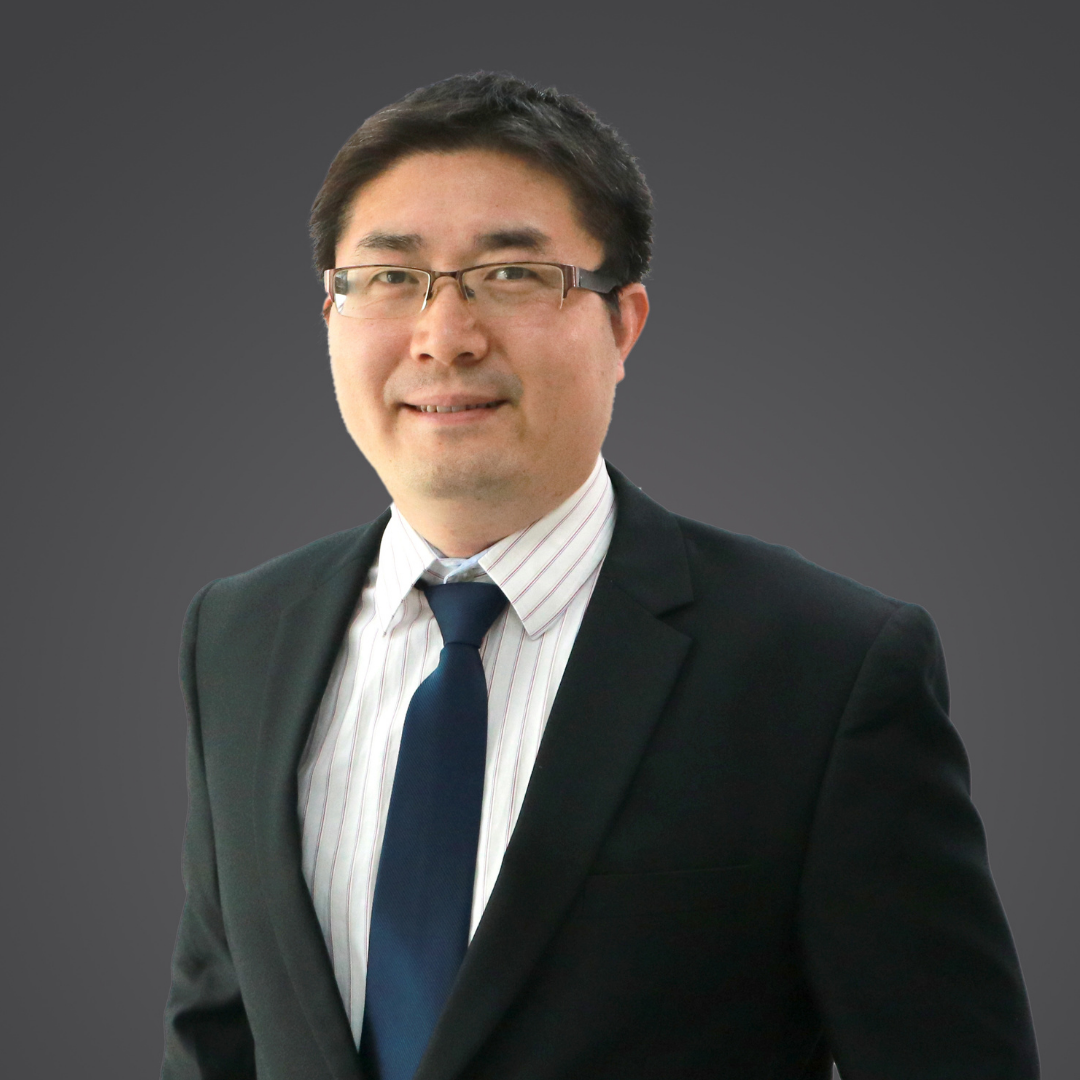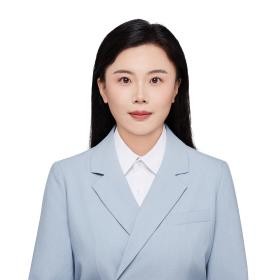Speakers 2025
Keynote Speaker Ⅰ

Prof. Jianbin Qiu
Harbin Institute of Technology, China
IEEE Fellow
Brief Introduction: Jianbin Qiu received the B.Eng. and Ph.D. degrees in Mechanical and Electrical Engineering from the University of Science and Technology of China, Hefei, China, in 2004 and 2009, respectively. He also received the Ph.D. degree in Mechatronics Engineering from the City University of Hong Kong, Kowloon, Hong Kong, in 2009. He is currently a Full Professor at the School of Astronautics, Harbin Institute of Technology, Harbin, China. He was an Alexander von Humboldt Research Fellow at the Institute for Automatic Control and Complex Systems, University of Duisburg-Essen, Duisburg, Germany. His current research interests include intelligent and hybrid control systems, signal processing, and robotics. Prof. Qiu is a Fellow of IEEE and serves as the chair of the IEEE Industrial Electronics Society Harbin Chapter, China. He is an Associate Editor of IEEE Transactions on Fuzzy Systems, IEEE Transactions on Cybernetics, and IEEE Transactions on Industrial Informatics.
Speech Title: Adaptive Output-Feedback Boundary Control of Distributed Parameter Systems
Abstract: Distributed parameter systems, which are described by partial differential equations, widely exist in robotics systems, aerospace engineering, bioengineering, chemical engineering, and electrical engineering. Over the past decades, the control issues for distributed parameter systems have attracted considerable attention. In particular, the output-feedback adaptive control of distributed parameter systems is very challenging due to limited sensor measurements, unknown spatially varying parameters, and infinite-dimensional coupled dynamics. This talk will introduce some recent results on output-feedback adaptive boundary control for several classes of distributed parameter systems. The basic tools include observer canonical form, swapping identifier, and infinite-dimensional backstepping approach.
Keynote Speaker Ⅱ

Prof. Zhijun Zhang
South China University of Technology, China
IEEE Fellow
Brief Introduction: Zhijun Zhang is a professor and doctoral supervisor of South China University of Technology. He is a high-level talent introduction scholar of South China University of Technology, an outstanding young person of Guangdong Province, and a young top talent of Guangdong Science and Technology Innovation. He has long been engaged in the research of neural network, control optimization and robotics. He is currently a member of the Committee on Hybrid Intelligence, Committee on Co-integrated Robotics, Committee on Adaptive Dynamic Planning and Reinforcement Learning, Committee on Visual Perception and Computation of the Chinese Society of Graphics and Imaging, Executive Editor-in-Chief of Global Journal of Neural Science, Associate Editor of International Journal of Robotics and Control. He is also the reviewer of more than 20 international SCI journals, reviewer of China National Foundation Committee, and reviewer of Guangdong High-tech Enterprises. His main original achievements include: (1) proposed a varying-parameter convergent-differential neural network model, which has super-exponential convergence and good robustness; (2) proposed a real-time natural human-robot interaction method based on neural dynamics to solve the robot real-time natural interaction problem; (3) proposed a robot hybrid multi-index intelligent optimization method to solve the multi-objective optimization problem of different layers; (4) independently developed prototypes of multi-modal polar extreme like human emotional interaction intelligent robots, intelligent flying robots, multimodal rehabilitation-assisted wheelchair robots, complex environment anti-epidemic mask detection intelligent robots, etc., and some of the results are on the way to industrialization.
Speech Title: Intelligent Optimisation Theory and Applications of Neurodynamics for Heterogeneous Multi-Type Redundant Robots
Abstract: This presentation delves into the intelligent optimisation theory and applications of neurodynamics in heterogeneous multi-type redundant robots. As a critical frontier in robotics, heterogeneous multi-type redundant systems—characterised by diverse robot types, redundant degrees of freedom, and complex interaction demands—pose unique challenges in motion planning, task allocation, and real-time coordination. We introduce a neurodynamics-based optimisation framework that leverages biologically inspired neural networks to model and solve high-dimensional, non-linear optimisation problems inherent in such systems. Key focuses include dynamic task assignment under uncertainty, redundant motion optimisation for collision avoidance, and adaptive coordination strategies across heterogeneous robot teams. Practical applications, ranging from industrial collaboration to disaster response, will be discussed to illustrate how this theory enhances efficiency, robustness, and adaptability in real-world scenarios. This work aims to bridge the gap between neurodynamics principles and intelligent robotics, offering novel insights for advancing the autonomy of heterogeneous multi-type redundant robot systems.
Keynote Speaker Ⅲ

Asst. Prof. Yixuan Sheng
Harbin Institute of Technology, Shenzhen, China
Brief Introduction: Yixuan Sheng received her Ph.D. in Mechanical Engineering from Shanghai Jiao Tong University and is currently an Assistant Professor at the Harbin Institute of Technology, Shenzhen. Her research focuses on multi-modal sensing and interaction, bio-mechatronics, and intelligent rehabilitation for neurological disorders. She has authored over 30 academic publications. She has served as a reviewer for leading journals and conferences. She is currently leading one National Natural Science Foundation of China (NSFC) Youth Program and one Shenzhen Natural Science Foundation General Program. She also contributes as a core team member to two National Key R&D Projects and one Shenzhen Major Science and Technology Project. She has organized special sessions on multimodal sensing and intelligent rehabilitation at ICIRA 2024, IEEE SMC 2024, and ICACI 2025, serving as session chair for all three and as the Publication Chair for ICACI 2025.
Speech Title: Explore Human Behaviour for Human Machine Systems
Abstract: The talk first presents the state of the art in multimodal sensing and understanding for human machine systems with open challenges. It then discusses principles of individual sensing modalities, their combination and their pathways to motor cortex during muscle contraction. Next the talk focuses on wearable sonomyography for neuroprosthetic control, corticomuscular coherence based assessment for afterstroke rehabilitation and early screening for children with autism spectrum disorders. The talk is concluded with future directions.